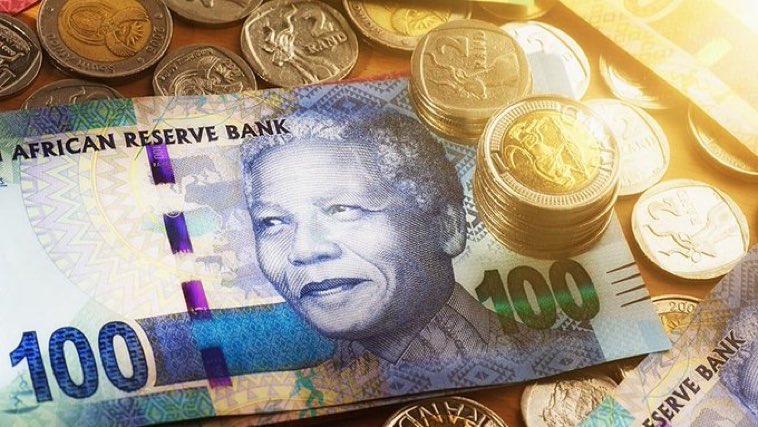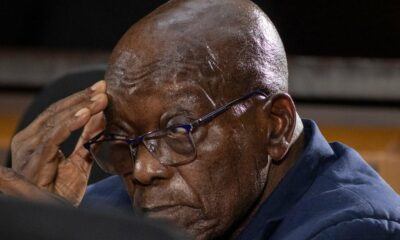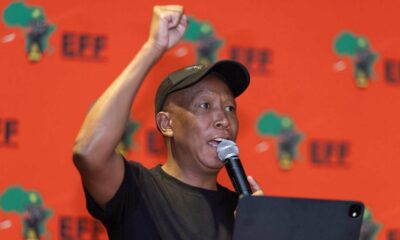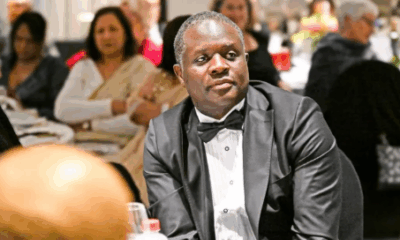News
How South Africa Lost R4.5 Trillion and a Generation of Economic Promise

Imagine waking up one day and learning that R4.5 trillion quietly slipped through your country’s fingers. Not stolen in a single scandal, but slowly, painfully eroded over 15 years of missed opportunities, rolling blackouts, broken infrastructure, and policy paralysis. That’s the story of South Africa’s economy—a story now laid bare by Investec Wealth & Investment International.
According to their latest analysis, if South Africa had simply kept pace with other emerging markets since 2010—growing at just 4.5% annually—our economy would have hit nearly R12 trillion last year. Instead, we’re sitting at R7.5 trillion, a staggering 37% smaller than it should be.
From Mandela’s Momentum to Today’s Stagnation
South Africa’s economic journey is a tale of two decades: the first, a hopeful sprint toward stability and reform; the second, a slow crawl into dysfunction.
After apartheid ended in 1994, Nelson Mandela and Thabo Mbeki steered the country from a battered apartheid economy to one of fiscal prudence and international credibility. Mbeki’s tenure, in particular, saw consistent budget surpluses and annual growth averaging 4.2%, thanks to sound macroeconomic policies and strong leadership.
Then came Jacob Zuma.
What followed was a period that many South Africans now refer to as the “lost decade.” State capture, government mismanagement, Eskom’s decline, and a surge in public debt reversed the gains of the previous era. Cyril Ramaphosa’s presidency, intended to be a reset, has yet to deliver meaningful structural reforms—let alone real GDP growth.
R4.5 Trillion—And the Real Cost
Beyond the big GDP number is a very human story. With the economy dragging along at a dismal 1% average growth rate, the gap between rich and poor has widened, youth unemployment has skyrocketed, and basic service delivery has crumbled.
According to Investec strategist Osagyefo Mazwai, just in 2024 alone, the country forfeited R800 billion in potential tax revenue—money that could’ve gone into fixing electricity transmission, ports, rail, or creating jobs.
Instead, we’re staring down the barrel of a fiscal cliff. Debt-to-GDP is projected to hit 77% this year. South Africans today are worse off than in 2010, with the rest of the world now 50% richer per person than we are. It’s a shocking reversal for a country once hailed as Africa’s beacon of potential.
How Did It Get So Bad?
Here’s the uncomfortable truth: no one catastrophe tanked our economy. It was death by a thousand cuts—corruption, mismanagement, bad policy, indecision, Eskom, Transnet, crime, cadre deployment, and global headwinds.
Most of these issues came to a head during Jacob Zuma’s presidency, where state-owned entities were hollowed out, public funds redirected, and institutional trust eroded. But the damage didn’t end when Zuma left office. Under Ramaphosa, reform has moved at a glacial pace—enough to talk a good game, but not enough to restore investor confidence or stimulate jobs.
What South Africans Are Saying
Social media has lit up with frustration. On X (formerly Twitter), users are calling this economic loss a “generational betrayal.” One user tweeted:
“R4.5 trillion lost, and we’re still load shedding. We should be ANGRY.”
Others point fingers at political leadership, with many arguing that without real consequences for state capture, South Africa will never get its house in order.
Economists and journalists have echoed the sentiment, warning that without radical, investment-friendly reforms, the country’s fiscal position is unsustainable—and its political stability increasingly fragile.
What Can Still Be Saved?
It’s not all doom and gloom—but the clock is ticking. Mazwai and others believe that growth-friendly reforms—think energy liberalization, efficient public procurement, trimming the public wage bill, fixing logistics—could still help course-correct the economy.
More importantly, South Africa needs a political class willing to take risks, act decisively, and re-inspire both its citizens and the markets. Without it, the risk is not just further economic contraction—but a full-blown social and political reckoning.
Don’t Let the Next R4.5 Trillion Slip Away
This isn’t just about numbers on a spreadsheet. It’s about roads that never got built, jobs that never materialized, and dreams deferred for millions of South Africans. It’s about a country that once inspired the world—and now struggles to inspire its own people.
If there’s one lesson in this tragedy of missed potential, it’s this: reform delayed is opportunity denied. The next government, and the one after that, must choose growth not just as a policy—but as a moral imperative.
{Source: The Citizen}
Follow Joburg ETC on Facebook, Twitter , TikTok and Instagram
For more News in Johannesburg, visit joburgetc.com

























